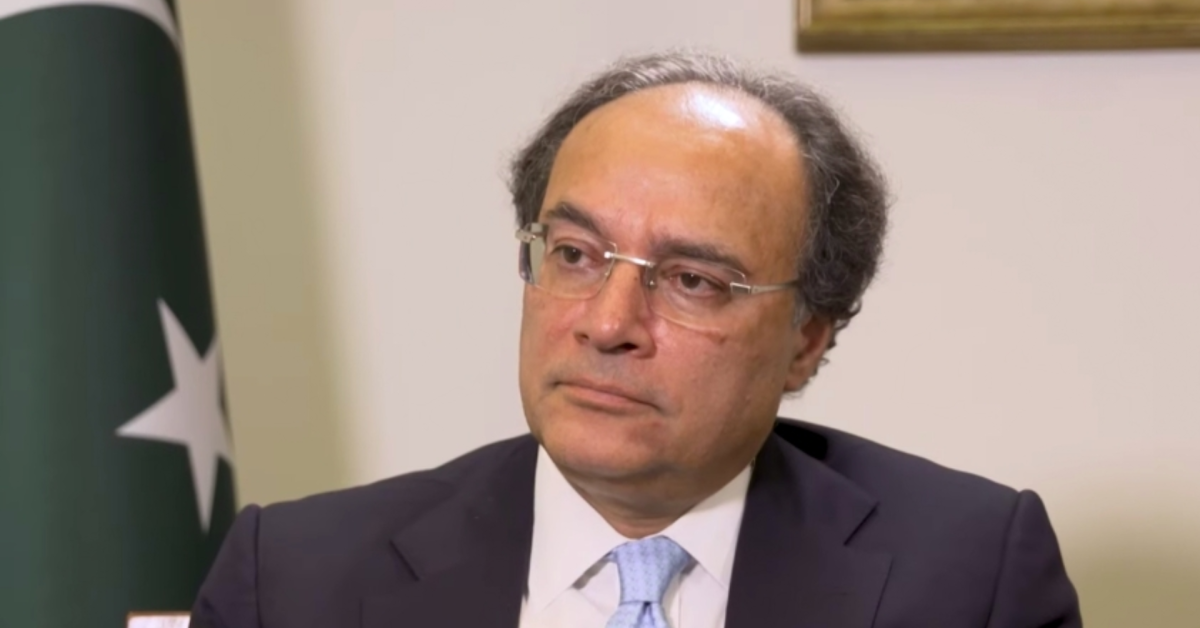
Alibaba Releases Qwen 2.5, Surpasses DeepSeek-V3
February 1, 2025
RESOLVE, UCP Team Up to Develop Pakistan’s Space Tech
February 1, 2025Pakistan to Launch Green Taxonomy Framework by April
The finance minister just laid out the green financing adoption plan at the Pakistan Climate Conference i.e. businesses need a clear rulebook to classify eco-friendly investments. That’s where the whole ‘green taxonomy’ framework comes in. It tells companies what counts as ‘green’ so they can earn carbon credits and tap into global climate funds.
Money isn’t the problem either since Pakistan secured $9 billion in pledges after the 2022 floods. The issue is actually there are not enough bankable projects and investors need structured, transparent initiatives before they commit. Pakistan’s 2021 green Eurobond raised a successful $500 million so the minister exemplified that plus tools like sustainability-linked loans, for potentially brining in private-sector muscle.
The game plan is to start with ‘blue chip’ projects—big, credible ones that can handle tough international scrutiny. The key is transparency, accountability, and inclusivity. Track every rupee, prove impact, and make sure vulnerable communities aren’t left out. With the International Monetary Fund (IMF) review coming up, Pakistan wants to discuss climate resilience funding. If done right, this could unlock serious global investment for sustainable growth.






